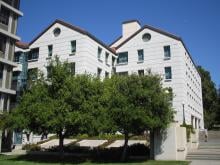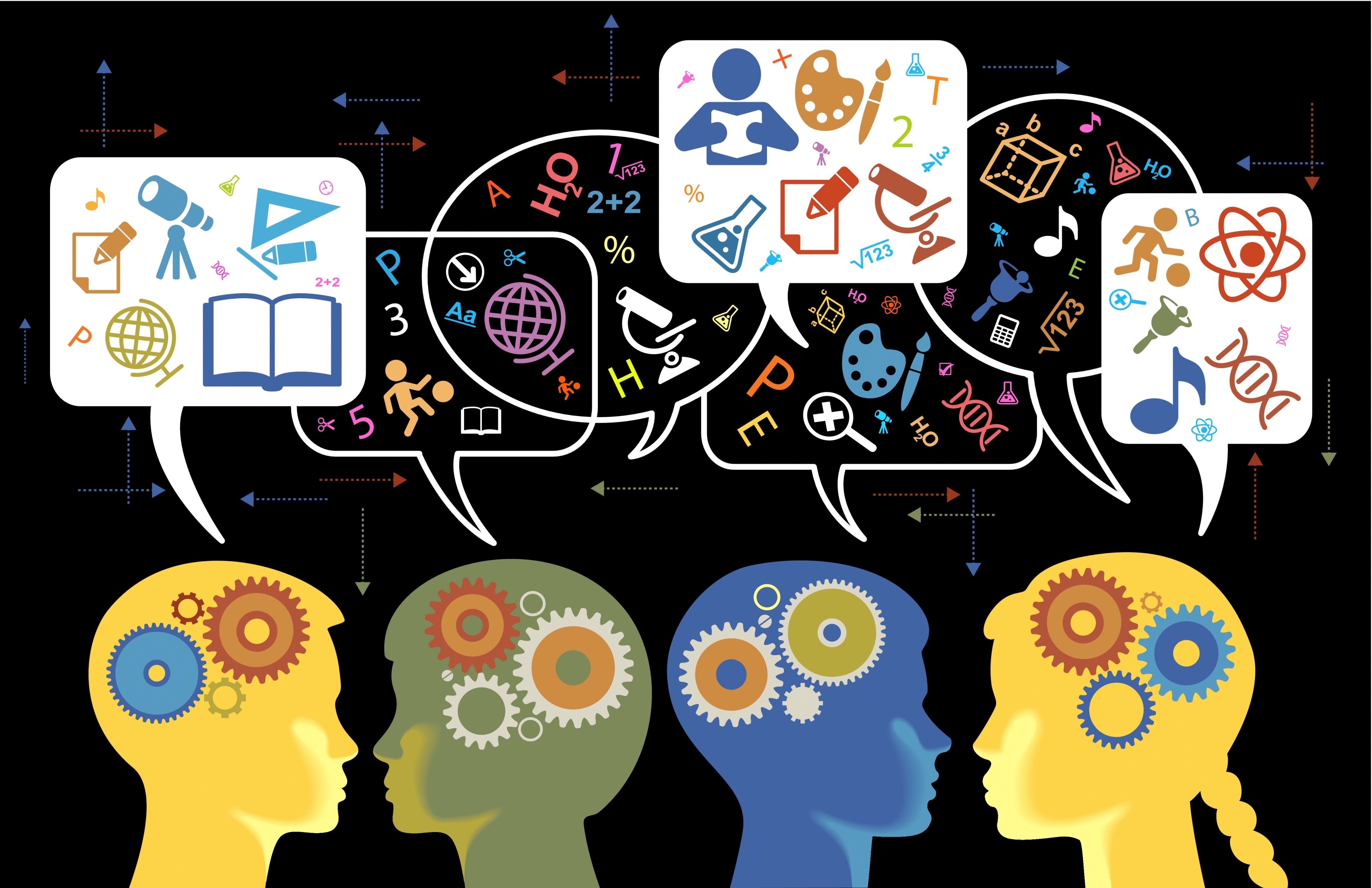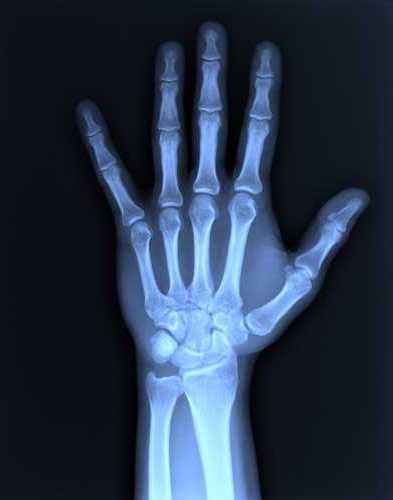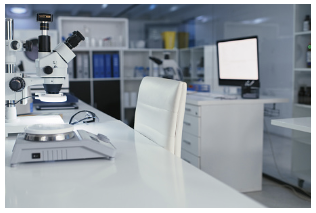I am immensely proud of being an alumnus of the University of California at Berkeley, where I was able to get a world class education and have opportunities to meet with and learn from superb professors, some of whom have since earned Nobel Prizes. Those were some of the most fun years of my life and I also appreciated the beautiful, sprawling campus with lots of fantastic architecture and wide-open green spaces to lounge around on and play catch with my friend every now and then. It is mere coincidence that the day this article published is also Marian Koshland's birthday, and it got me thinking about Koshland Hall, one of the newer (now old, because so am I) buildings when I started college, and which Koshland it was actually named after.
We’ve all been there…the experiment didn’t work for the 87th time, and the feeling of dread and impostor syndrome surrounds the mind as the seminar or thesis committee meeting looms. It’s easy to dwell on everything that isn’t working right at that moment, but there are scientific discoveries to be made, and someone has to do it, and it might as well be you! That’s easier said than done, but with the proper support mechanisms and some confidence boosts, your goals will be achievable.
Many of you are well on your way through graduate school, itching to earn that precious PhD, while some are just starting out, getting ready to take your first midterms while preparing to choose your first research rotations. Regardless of where you are in your career, or even if you've already earned that doctorate and are on your way to a postdoc and beyond, ABclonal's blog series has put together some articles that can help you get through the day. Whether it is experimental troubleshooting or just trying to get along with your lab mates and PhD supervisor, here is a collection of previous blogs that should be of use to you.
Every fall, the world comes to attention for the unveiling of the Nobel Prizes, considered the most prestigious awards for achievements in science and the humanities. Per Alfred Nobel’s will, the original five prizes were to be awarded “for the greatest benefit to humankind,” and in 1969, the Economics prize was added to the mix.
You may have stumbled upon many articles about the poor whales swallowing tons of plastic waste, flooding that is affecting communities and even national parks, or chemicals that are constantly threatening marine life. As the global temperature continues to increase, the ocean levels gradually rise, and life as we know it is threatened, it is almost like we are on our way to the apocalypse. However, humans do not have to accept this doomsday scenario! There are many things beyond our control that we will have to persuade our elected leaders to drastically change policies to conserve our natural resources, reduce pollution, and preserve biodiversity. But there are also many other things well within our control that we can do in the lab and at home to make a difference, since small actions will add up to significant positive change.
If you are reading this, either having earned your first faculty position or about to embark on leading a huge project, congratulations! You have obviously demonstrated the creative problem solving and other skills needed to successfully carry out and complete a scientific study…but maybe you’re not confident in your ability to lead or mentor? I would argue that many experiences you have accumulated up to this point will help you become the best mentor you can be, so let’s get to it as you cultivate the next generation of great researchers!






.jpg)


